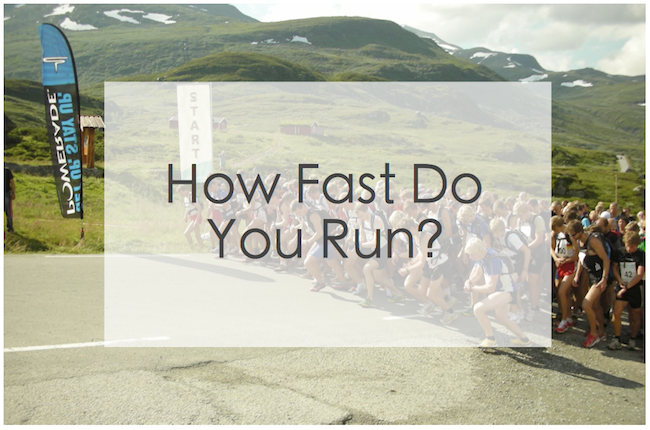Many of us women, and a few men, have a serious problem with bloating. Not only is it a death nail for those bikini and scale goals, it can be just plain uncomfortable. Bloating also tends to pop up at the most importune moments- say, that vacation in the Bahamas that you have been diligently dieting for since way earlier than bikinis were weather appropriate.
Bloating is one of my biggest diet problems. So much so, that my scale can change five pounds due to water weight. That is, until recently. A few weeks ago I noticed a big difference between the days/weeks that I took my vitamins and the days/weeks that I did not. It may seem like a vain reason to take your vitamins, but turns out, vitamins reduce bloating! That's right, taking your vitamins will not only improve your health, it will also reduce that pesky bloat.
Now, I am sure many are asking what vitamins to take, how often, and if that is really all you have to do? Right?? Well, let's get into it!
What Vitamins to Take
The vitamins you take will make a big difference to the results you see. I take (and swear by) all Nutrilite vitamins because they are 100% organic, been around for 70+ years, have never had a recall, and have extremely high check and balances. All of this means they are a bit pricey, but you are actually getting the nutrients you pay for with no fillers. That is worth it for me!
As for what vitamins I take, there are a few. The biggest difference will come from a good multivitamin, a fish oil, a probiotic, and an extended release vitamin C. These do the biggest job for me in removing that bloat and it is what I would highly recommend to anyone with that same issue.
Why an extended release vitamin C, you ask? Fantastic question! Turns out, the one vitamin our bodies cannot make or store is that necessary vitamin C. This means that if we take a vitamin C that just shoots straight into our system, most will go out as waste. We are, literally, wasting our money away. An extended release will make sure that only a small amount of vitamin C is released into the body over a 12-hour period. Making you and your wallet a bit healthier!
Side note: I would also recommend looking into where your fish oil comes from. Most fish oils from salmon farming are causing massive ecological damage and should be avoided. As weird as it sounds, the fish oil I take is from calamari- something that, when farmed, does not harm our environment!
When to Take Your Vitamins
Morning, noon, and night. That is the easiest answer to the question. Take your vitamins with meals whenever possible. There are few vitamins (vitamin D being the only one that comes to mind) that should not be taken in large quantities since it can cause internal damage.
If you are not able, or wanting, to take vitamins this many times a day (oh boy do I hear you- all those plants mushed up making them taste NOT GREAT), try taking them in the morning with your breakfast and at night with your dinner. Morning really seems to make the biggest difference for me. Just be sure you eat your breakfast before taking your vitamins. Vitamins on an empty stomach can be just about the worst thing ever!
One More Thing
There is one more thing that you should be doing along with taking those vitamins and it is probably exactly what you are thinking. Drink water. When vitamins are breaking down, they absorb ALOT of water for the process. In order to keep your body hydrated, you should be drinking about 80-160 ounces of water a day. Honestly, eighty ounces of water is on the very low side and probably about the minimum for anyone who has grown past puberty. We just need more fluids than that!
100 ounces is my daily mile-maker and what makes me feel energized, keeps my skin healthy, and keeps that bloat down. Of course, not eating tons of dairy, fried foods, and salty snacks also helps wit that whole reduced bloating thing ;)
These simple little changes have made my scale seem a bit less bipolar and kept my tum in check. If budget is an issue, start with a simple multivitamin that will give your your daily needs, and go from there. If Nutrilite is not an option, just be sure you are checking what is in your vitamins and reading the small print. And please let me know if this little tip helps you as much as it has helped me!
What other tips do you have to stop that pesky bloat?



